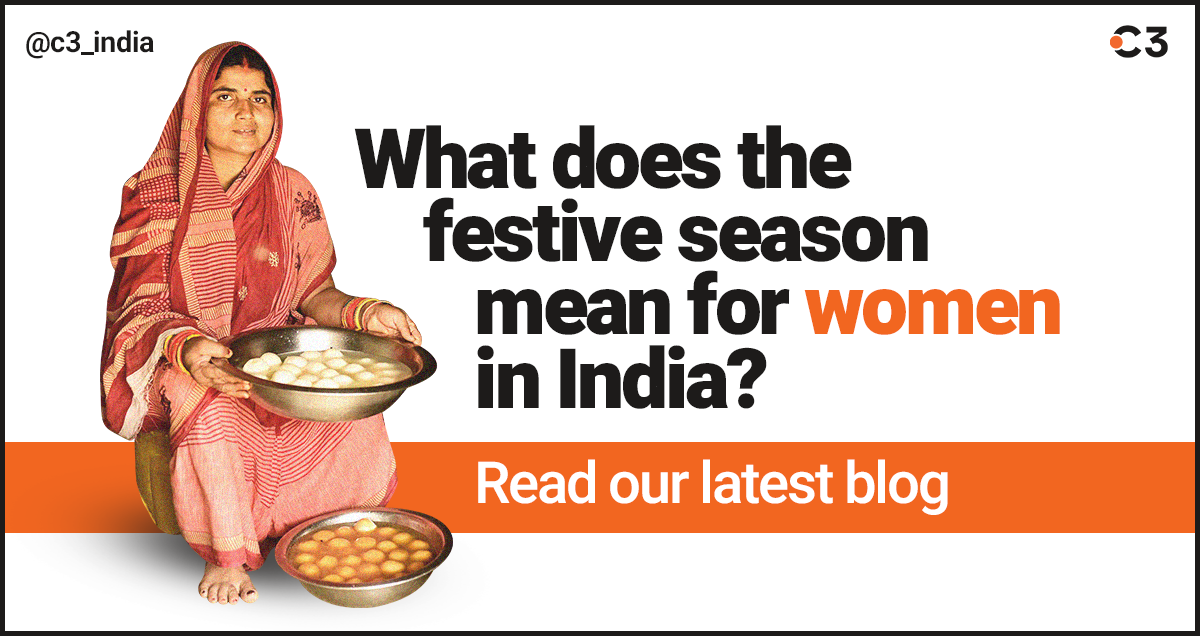We equip, mobilize, educate, and empower women
How do you create compelling presentations that wow your colleagues and impress your managers? Here’s how to get started.

Brightly lit homes, scrumptious food, festive parties, gifts and so much more, this is the season of celebrations. But for some, this season can be more frantic and stressful, consumed by the responsibilities to clean, prepare, decorate, arrange, manage, and maintain traditions. If it didn’t click yet, we are referring to the invisible and often ignored labour of women who are the backbone of our festive celebrations.
Invariably, the duty to make festivals special is assumed and preserved for women, which can make this time tiresome and harrowing for many women in India. Psychologist Dr Roma Kumar says, “as a community, we very strongly believe that the woman is solely responsible. She needs to be involved in deciding what must be cooked, how the house must be cleaned, etc. Especially, in joint families or those with elders and conservative mindsets who religiously follow festive rituals, women are bound to follow 'guidelines' perfectly and prepare for the family, which adds on to their mental burden and can cause stress.”
While this is a time to share joy, many women experience physical and mental fatigue triggered by expectations laid on them. Dictated by patriarchy and gender roles, preparations for festivals are traditionally considered to be feminine roles. For women, it is not another holiday they can savour, but an added burden of work that they are not entitled to question. The festive season is even more difficult for many women who are employed or have paid work, where they find themselves juggling between their jobs, household responsibilities, and festive duties. In between all of this, women often lose their agency to redefine traditions, to rest, to draw boundaries, and to claim space.
For a long time now, this is a trend we see in most households, and go about our lives without raising questions and acknowledging the labour that women put in. So here’s some food for thought while you celebrate this year, how much time and effort went into making this a celebration, what role did you play in preparing for the festival, and how long will we expect our women to conform to these archaic gender roles?